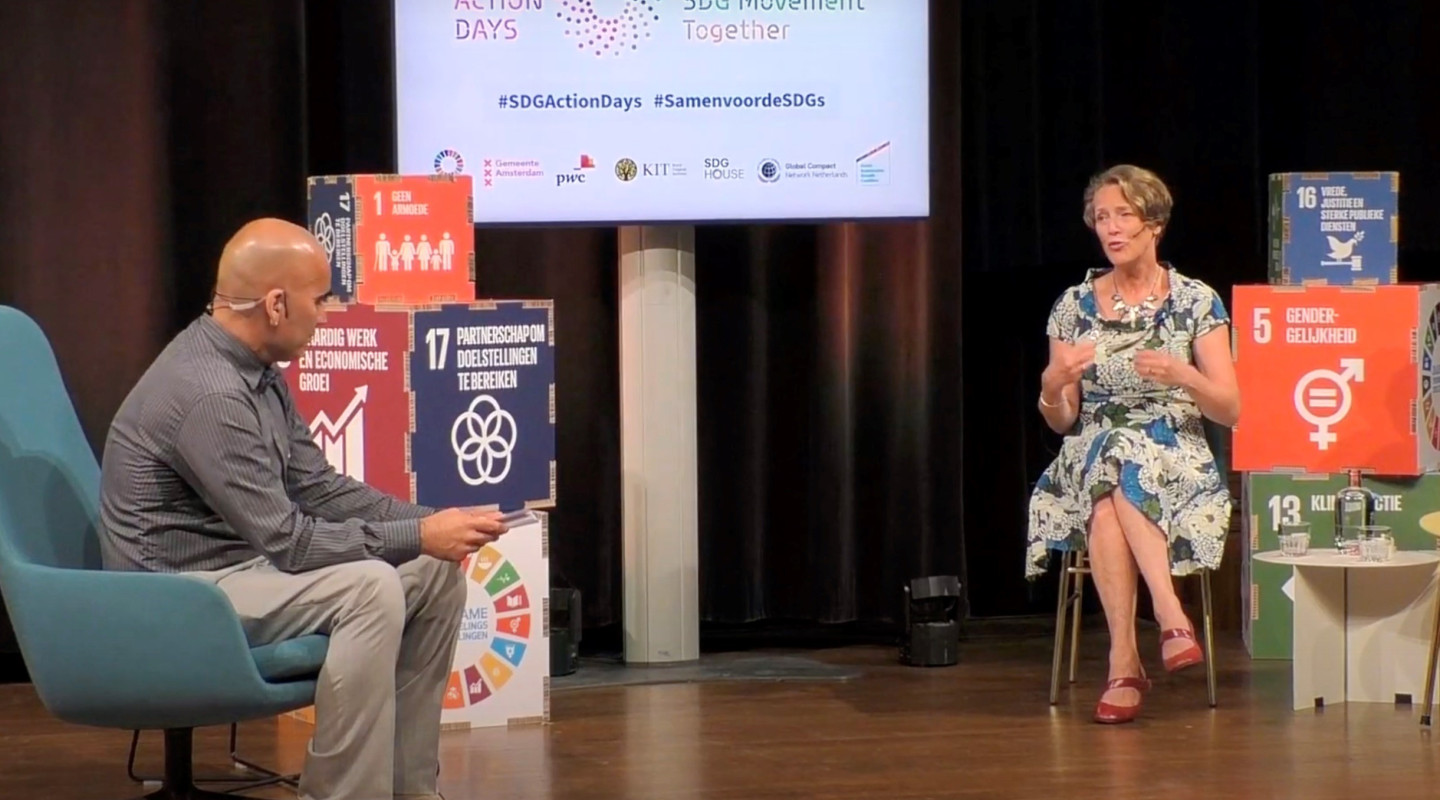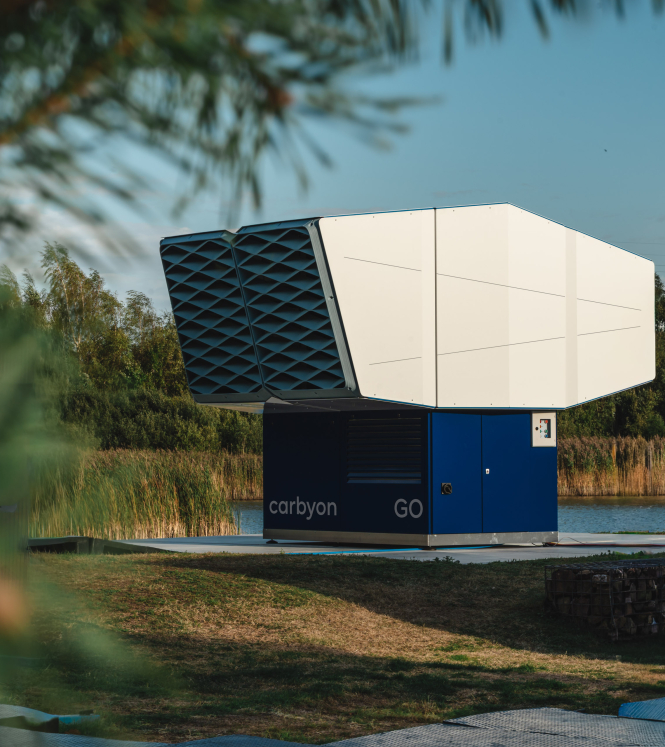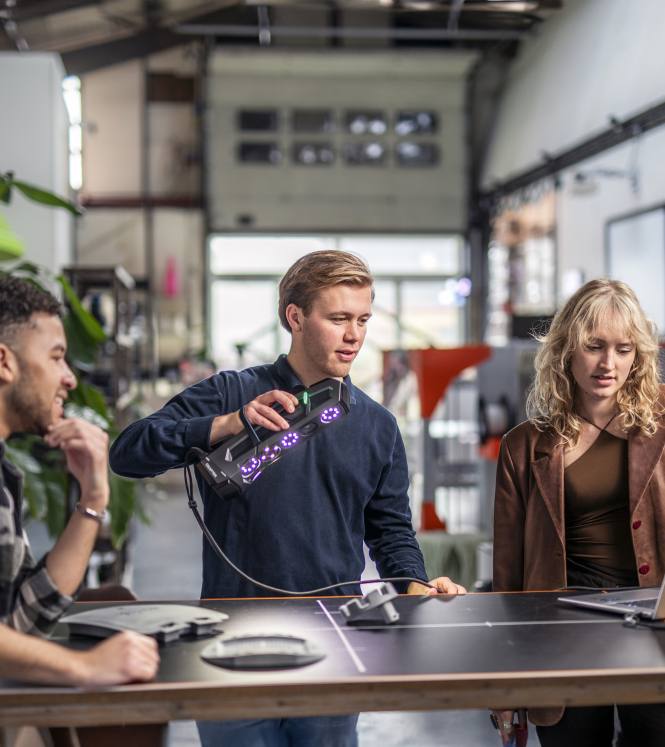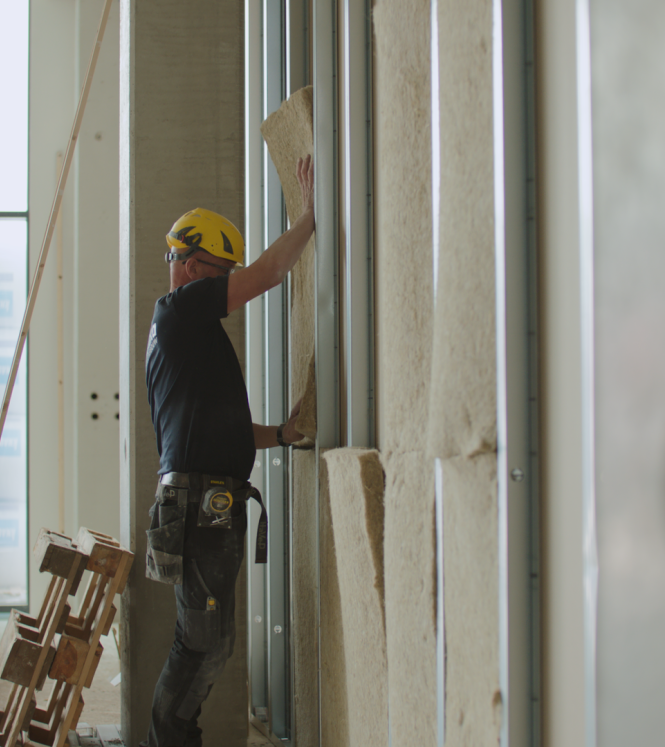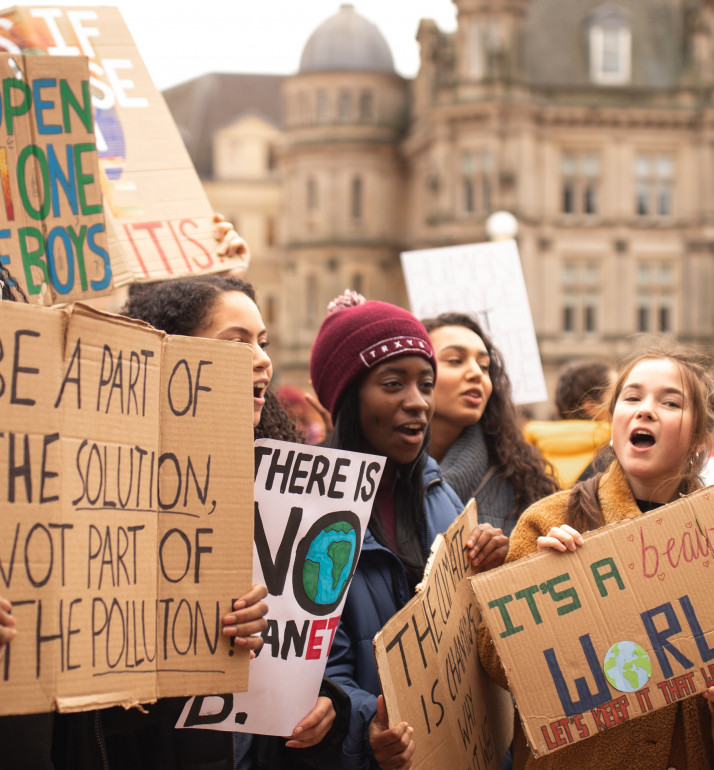
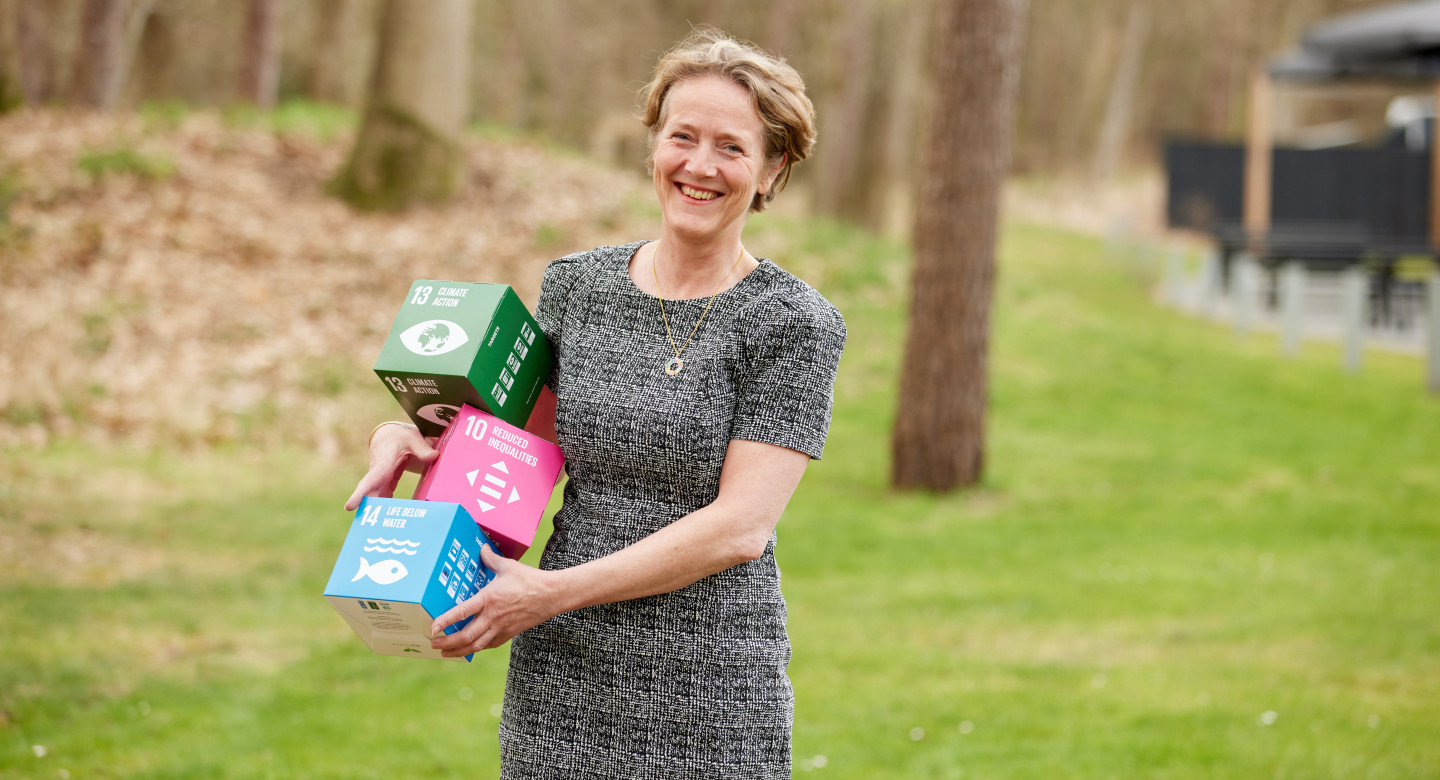
2022 SDG Action Days: taking strides towards a better future
Seventeen goals for a better world. The SDGs serve as a compass for countries and businesses worldwide in addressing the most urgent challenges of our times. In the Netherlands, the 2022 SDG Action Days theme is ‘Turn it Around’. Because addressing global challenges takes a paradigm shift: instead of being part of the problems, how can we solve them together?
In this interview, Sandra Pellegrom, National SDG Coordinator of the Netherlands, emphasises that in our collective endeavours to achieve the global goals, each contribution matters. Taking up the challenge is well worth the effort and will even uncover groundbreaking opportunities.
“It’s truly amazing to see how large and varied the SDG movements are in the Netherlands. The global goals seem to strike a chord with people and organisations across our country. Companies are increasingly using the SDGs as a compass and inspiration. More than 120 Dutch municipalities already call themselves ‘global goals municipalities’. They are working hard to address the different issues at local level. Knowledge institutions also use the SDGs to make their research and education more cohesive and sustainable. And young people are becoming more and more engaged in this movement, which is great news! Their participation is indispensable to our success.”
“I believe due to the many pressing issues facing the world today, more and more people are starting to recognise the SDGs as the goals we all must aspire to. Doing nothing is no longer an option. Otherwise, the situation will only get worse. I really think humanity is at a crossroad. And we’re increasingly feeling the urgency to move together, to make our economy and societies more inclusive and sustainable.”
“Large companies may have more means to address their SDG goals, but small businesses are more flexible and can move faster. Granted, the global challenges are complex and interrelated, but it doesn’t mean you need to do everything at once. All-in-all, it’s about commitment. And it’s important to move from working in silos towards a more systemic approach. Also, be honest – don’t just pick the goals that are the easiest but look at where your biggest impacts are.
Furthermore, making SDG part of your business model can unlock new opportunities. For example, to design better products and services or new types of employment. Research has shown how much business opportunities can be gained through the investment of SDG proof products and services.”
“Look at where your biggest impacts as a company are, both positive and negative. To make sure you have covered the important issues, I usually suggest trying the “SDG 6 test” (clean water and sanitation). Water is the most fundamental need of all people and organisations. So you would expect it to figure in most companies’ SDG-priorities. Yet, we notice that when organisations select their SDGs, they seldom choose SDG 6.
Once you selected a set of SDGs, identify your negative impacts and explore how you can mitigate them gradually, as soon as possible. Then see how you can expand on positive impacts. There are a number of SDG-impact systems and toolkits, as well as service providers that can help companies to set up impact monitoring and evaluation. For instance, in climate and energy savings.
For Dutch companies, it can be very helpful to join the SDG community through the platform SDG Nederland. From the government side, I work closely with them to provide information and connections to support the SDGs.”
"By working together with different types of local partners, we will be able to finetune our innovation."
“The Netherlands has an innovative yet pragmatic stance in developing solutions for many challenges. For instance, in reducing CO2 emissions, clean energy, water technology and sustainable food production. Our pragmatic approach is well appreciated by partners worldwide, especially in developing regions. When I was involved in a water project in South Africa, for example, I got to see many creative and innovative concepts for addressing water issues. They can benefit from Dutch knowledge and expertise in this area, especially in turning those concepts into practical solutions.
The reverse is also true: we can learn a great deal from our local partners. Regions which have been dealing with specific challenges for a long time may have found a systemic way to approach them. I saw that in my work in south Africa too. By working together with different types of local partners, we will be able to finetune our innovation. Making it more inclusive and applicable for other countries and regions. Together, we can build a healthy, fair and sustainable path toward a better world, where no one is left behind.”
